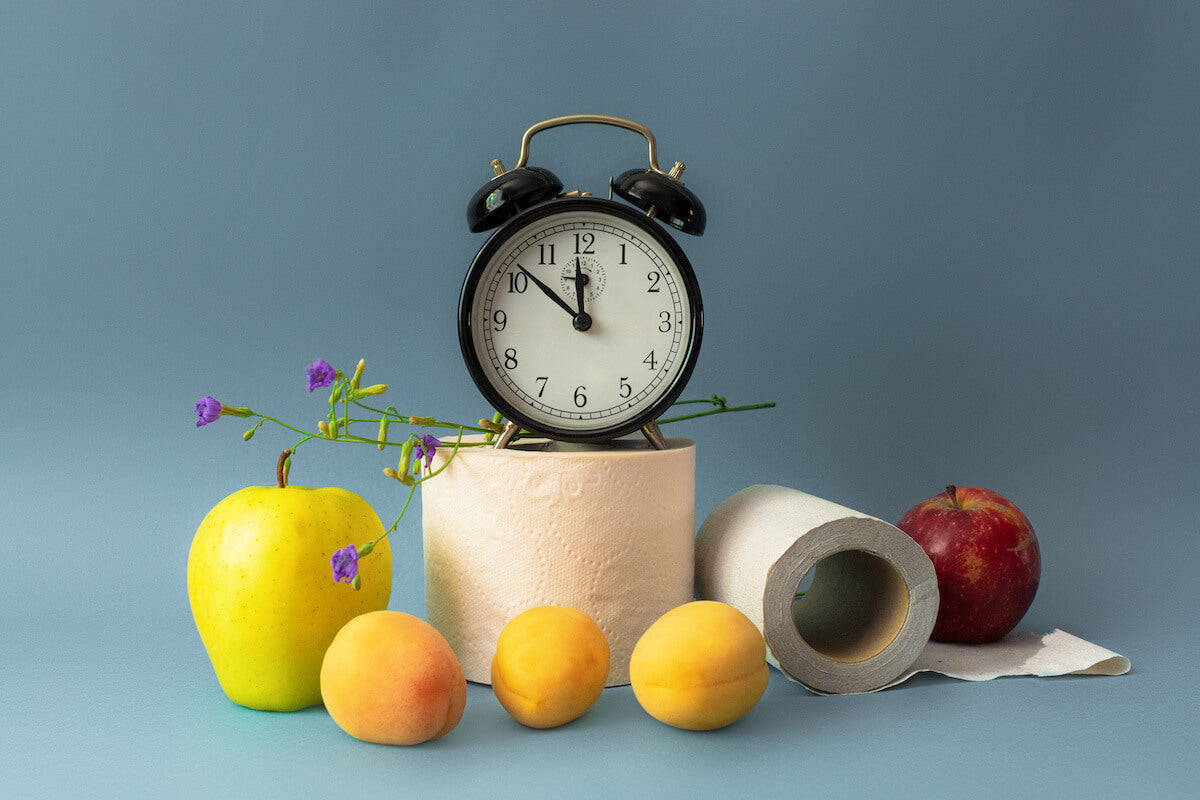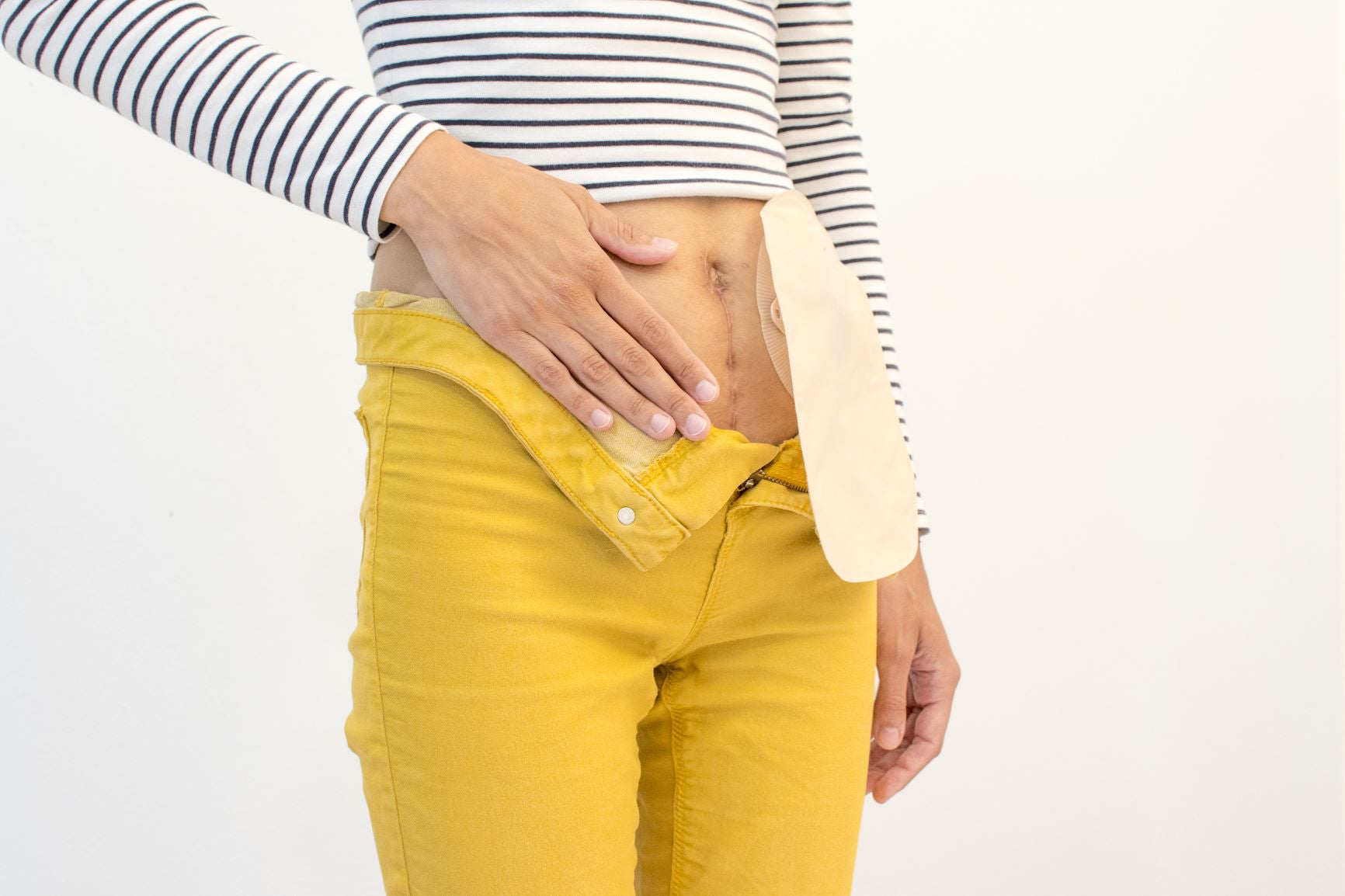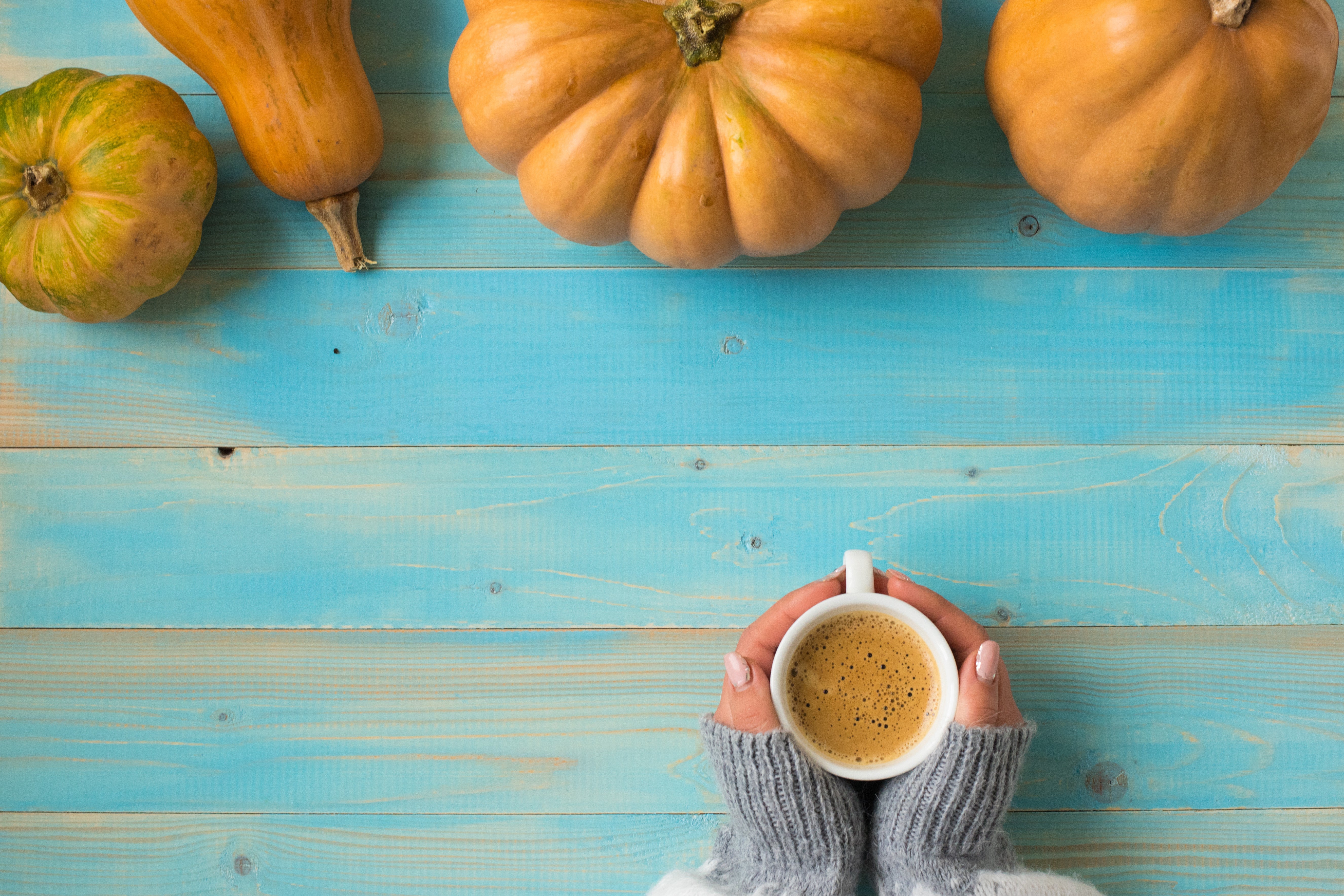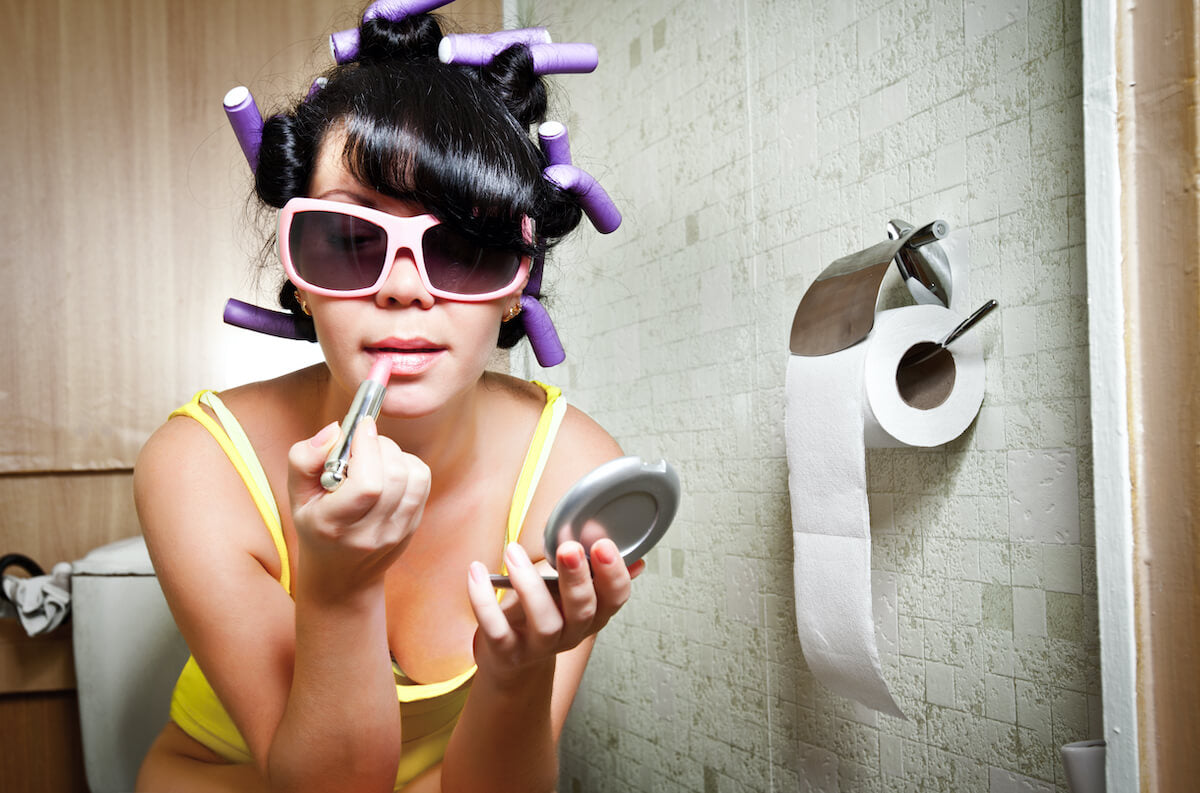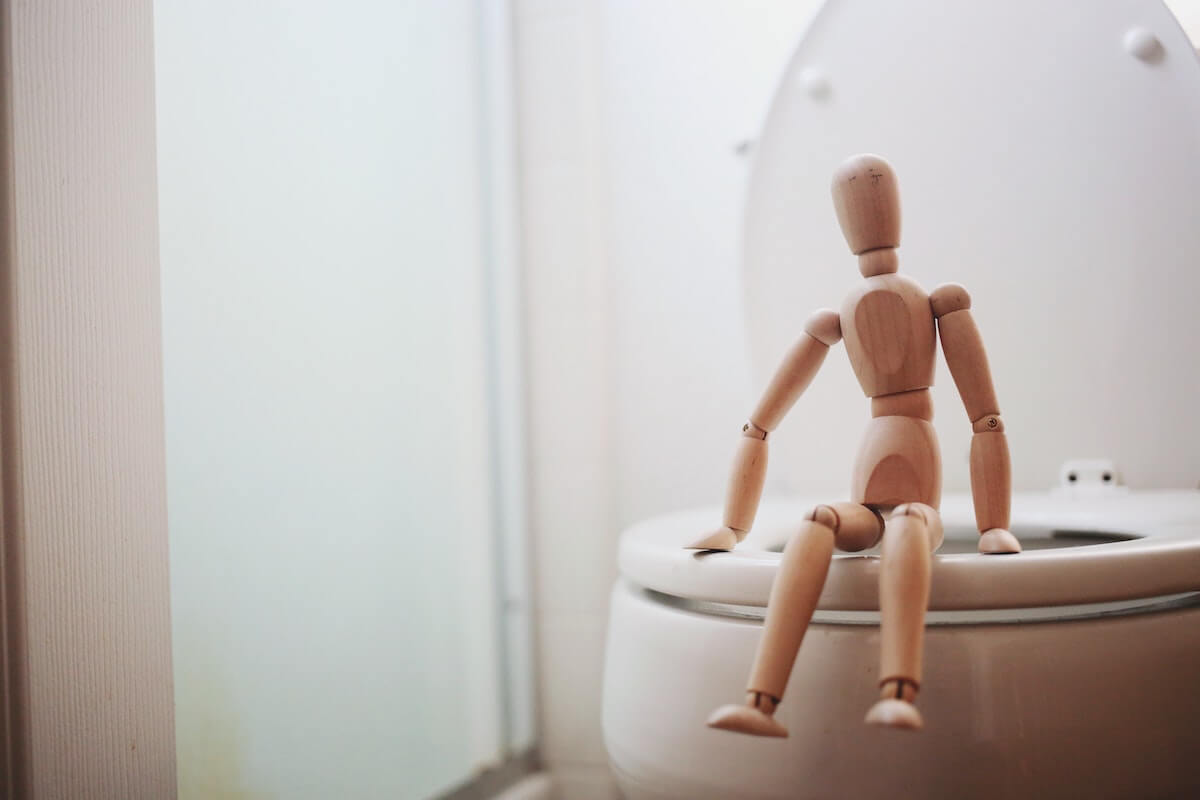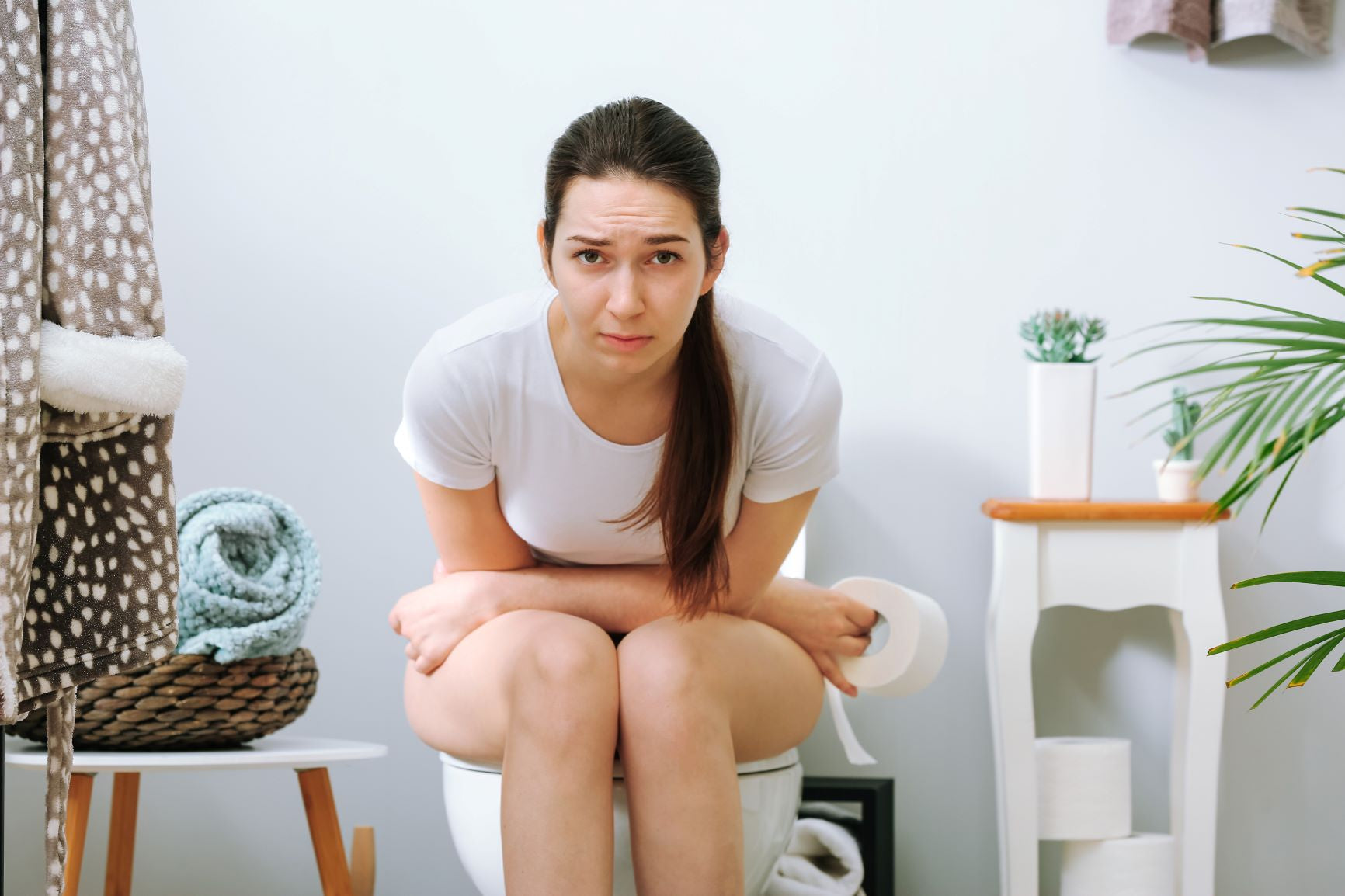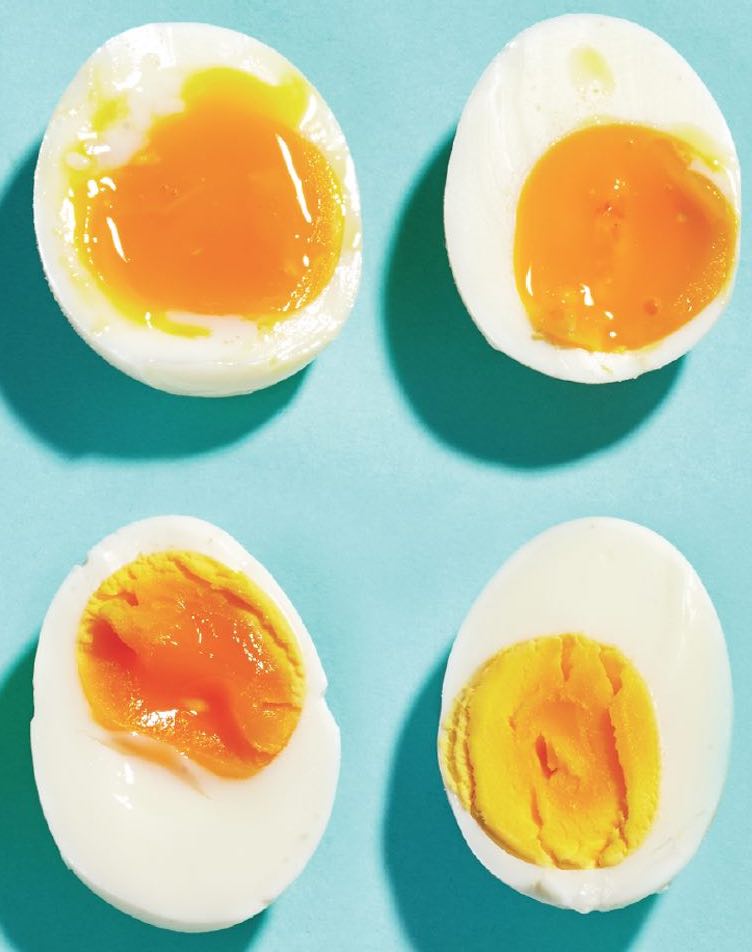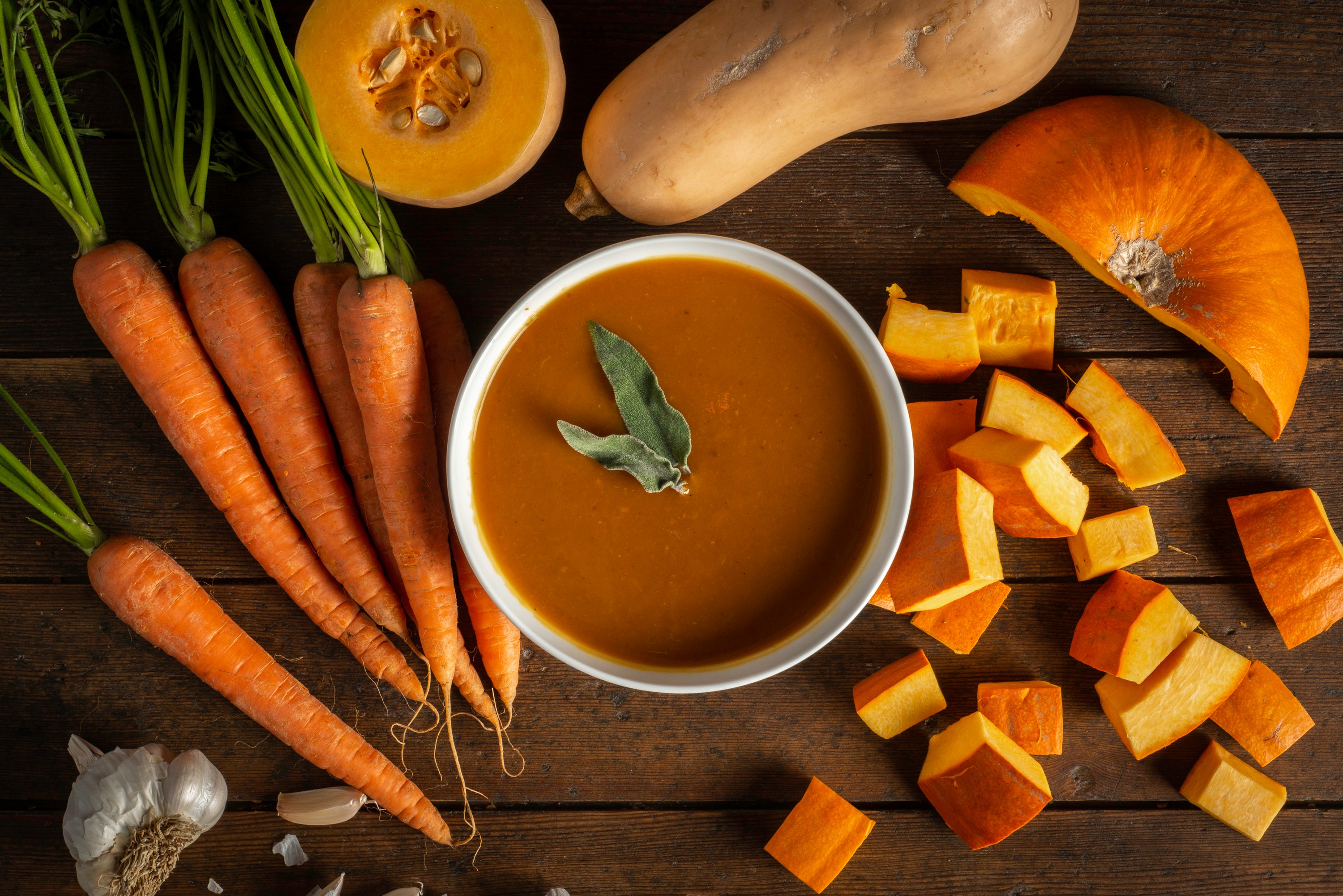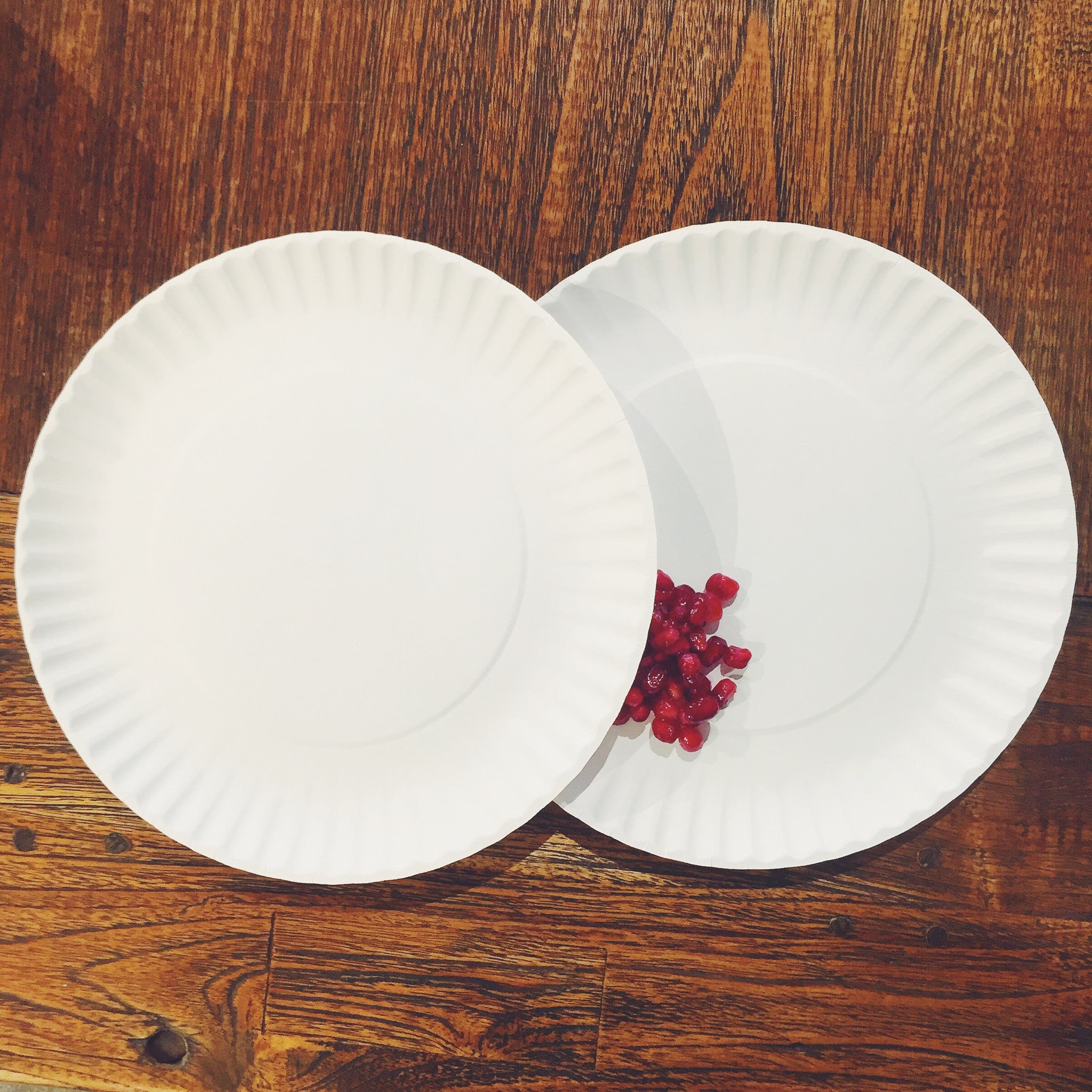
The countdown here stops at #2 until the final K.O. Pun fully intended. While constipation may not be that dramatic in its literal sense, it sure feels like it! There’s a reason why you start to feel cranky when you haven’t pooped and you should probably hold the snickers here.
It is important to know the common causes of constipation, how to avoid it, and how long our bodies can physically go without having a bowel movement before it affects your gut health.
How Often Should You Be Pooping Anyways? Average frequency of Pooping
Before we can get into the unfortunate act of not pooping, let’s talk about the act of pooping! So, how often should you poop? There is no cut-and-dry answer to this question, as it depends on each individual and what is typically normal for them. We can say however, that a frequency of three times a day to every three days is about the average.
It’s fair to say that nobody knows your body like you do, right? So if on average you feel great after what most people would deem as too many cups of coffee, then more power to you! Likewise, some are comfortable with only going a few times a week. Hey, whatever floats your boat, or floods it.
There are a few factors to mention that play a part in the frequency of pooping.
Diet
As you can imagine, diet plays a huge role in the progression or postponing of your poop frequency. You know like, after a night of drinking and snacking on fatty foods, you can expect your morning poop to be pretty impolite. Consuming too much of the two on a regular basis may cause you to get stopped up and constipated. On the contrary, a diet full of fiber and healthy greens, grains, and fruits will help get things moving and promote regularity.
Activity and Exercise
The more active you are, the better your colon and intestines tend to work. It gets things moving both on the outside and the inside!
Hormones & Pregnancy
For women, hormones like progesterone and estrogen that are prevalent in birth control pills and active during the menstrual cycle, can affect the frequency of bowel movements. During and after pregnancy, women’s hormones fluctuate drastically, on top of the fact that there’s a baby squishing all her intestines — so there’s that.
Age
Constipation has a direct correlation to age. Yep, aging sucks. Older people are more likely to suffer from constipation simply because of the factors mentioned above. Oftentimes, they do not drink enough fluids, don’t eat a balanced enough diet, and tend to take more medications that contribute to constipation.
Common Reasons for Constipation
Now that you know a bit more about the frequency of your bowel movements and the factors of them, let’s get one thing clear. Constipation is a symptom, not a disease. That’s good news because it means that it can be resolved and the future is bright for your blocked bum! Your gut is a resilient part of your anatomy and with a little TLC, you can get it regulated with some easy lifestyle habits.
Many of the factors we just discussed also play a role as some of the common causes of constipation, but there other causes we can talk about.
Your Butt Loves Fiber!
Arguably the most common cause for constipation is the lack of fiber in your diet. Fiber comes from foods like beans, whole grains, leafy greens, vegetables, and fruits. If you find it too hard to get fiber from food, there are plenty of fiber supplement variations to help you.
Fluid Intake
Drinking plenty of fluids does so much more than quench your thirst and keep you hydrated. Not drinking enough water can make your stool hard and leave you in a shitty situation.
Social Pressures
Work office. Airport. Your boyfriend's parents' house. Literally, all the most triggering poop pressures, and we’ve all experienced them. Sometimes these social situations cause us to hold in our number two instead of just doing the doo and thus, constipation can happen.
Stress
Stress is the little silent but deadly devil that can be the cause of so many ailments, including constipation or stress poop. Since it is so multifaceted, stress often causes you to neglect things like staying hydrated, getting exercise, and eating healthy, which are all factors that affect your bowel movements.
Food Intolerances
You don’t have to go into anaphylactic shock to have a food allergy or intolerance. See, we told you constipation wasn’t that dramatic! A food intolerance could be as simple as getting constipated when eating too much dairy. Put the cheese down, and opt for more dairy-free products.
Medications and Illnesses
Sometimes constipation is really unavoidable. Chronic illnesses and taking certain medications can cause constipation and it’s something many people just have to deal with. Natural remedies may be the best option here.
What Happens If You Can’t Poop? Constipation Complications
In most cases, your stubborn poo will resolve itself on its own, preferably in your own home but, in some cases, complications could arise if left unresolved for too long.
Trying to force hard stool out as a result of constipation can lead to hemorrhoids and anal fissures, which are swollen veins and torn skin in or around your anus. Yeah, you don’t want that.
In the most severe complications, you could have fecal impaction or a rectal prolapse, which is a result of chronic constipation where hardened stool literally piles up in your intestines and continuous strain causes the recutum to protrude from your anus.
Our advice? Do everything possible to avoid your constipation getting to the point of these complications by practicing poop positivity!
Relieving Your Constipation with Pooping Positions and Natural Remedies
As a solution for your stressed out butt, let’s get into pooping positions and other supplements and remedies that could help pass your poop naturally!
There’s a reason why many of the largest continents’ countries use squatting toilets over the westernized sitting toilets. Although the health benefits of squatting toilets is controversial, we can confidently conclude that squatting to poop is great for your bum! Luckily, we’ve got a whole article on pooping positions, here.
Common household items are often enough to push that prairie dog on through the gates of freedom! Things like baking soda, lemon juice and caffeinated coffee are great stimulants that get things moving.
Another option is to use natural, raw fruits and produce to make a colon cleanse drink and flush that bad-boy out!
Taking probiotics, Omega-3 oil, castor oil, and soluble fiber supplements are also known remedies for constipation relief.
Combining these natural remedies with plenty of fluid intake, a healthy diet, daily movement or exercise and avoiding stress are all important in treating and preventing constipation.
When to see a doctor
So let’s say you’ve been constipated for five days. You’ve upped your water intake, have taken daily walks and have tried including more fiber in your diet but, still, no bowel movement has happened. Now you’re probably thinking, ‘how long can you go without pooping before you die?’ Don’t panic yet! There are over the counter suppositories and anemas that you can try as a last resort, and if those still don’t work, you need to call up your primary care doctor and see what they suggest.
If your constipation persists or you notice alarming symptoms like blood in your stool, black poop, severe abdominal pain or a fever with diarrhea or continued constipation, skip the appointments and seek emergency medical attention.
When those gates open and you’re finally able to let it all out, there will be no better time to invest in a bidet attachment. It’ll clean you up so seamlessly, you’ll feel like a whole new person and forget the whole constipation scandal ever happened.

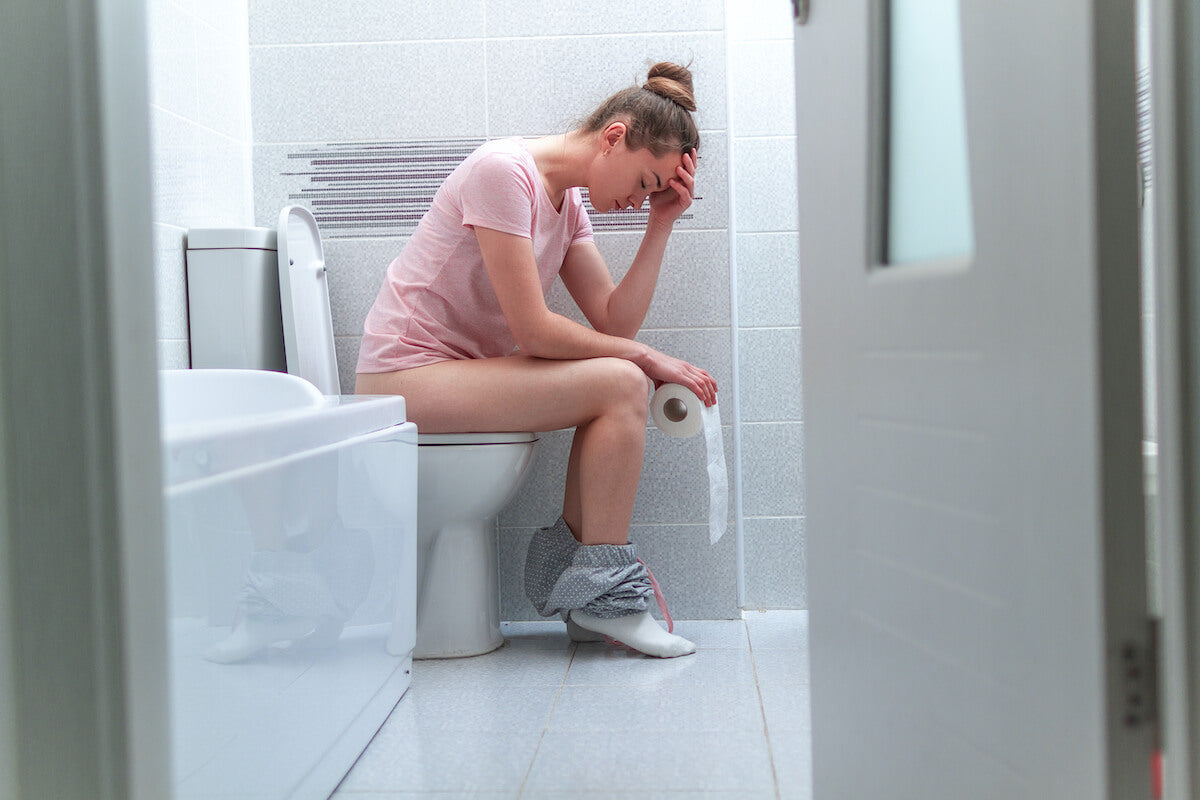
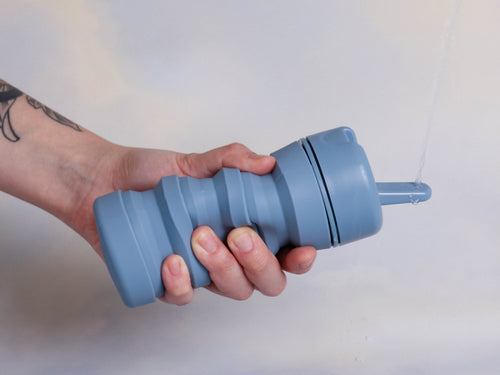
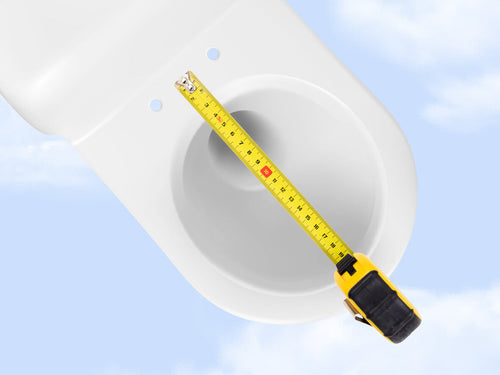




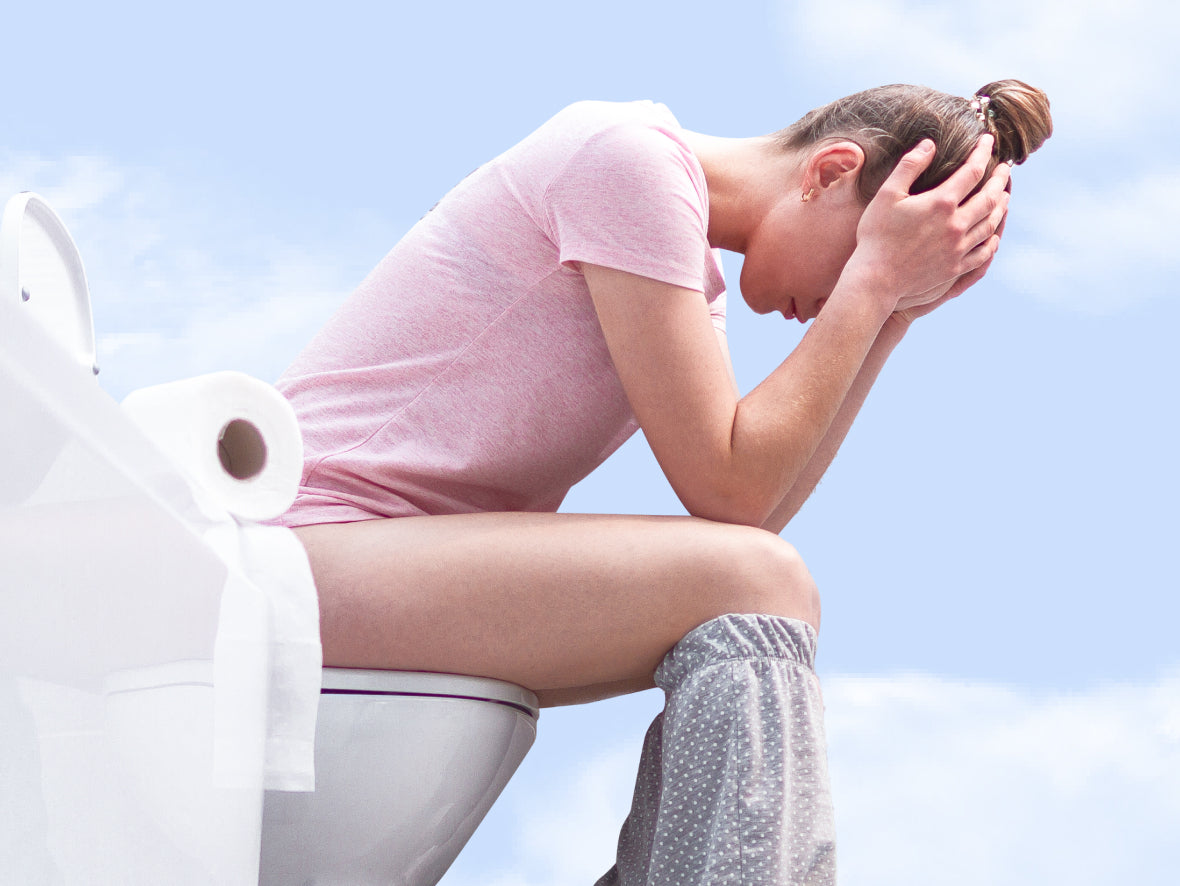
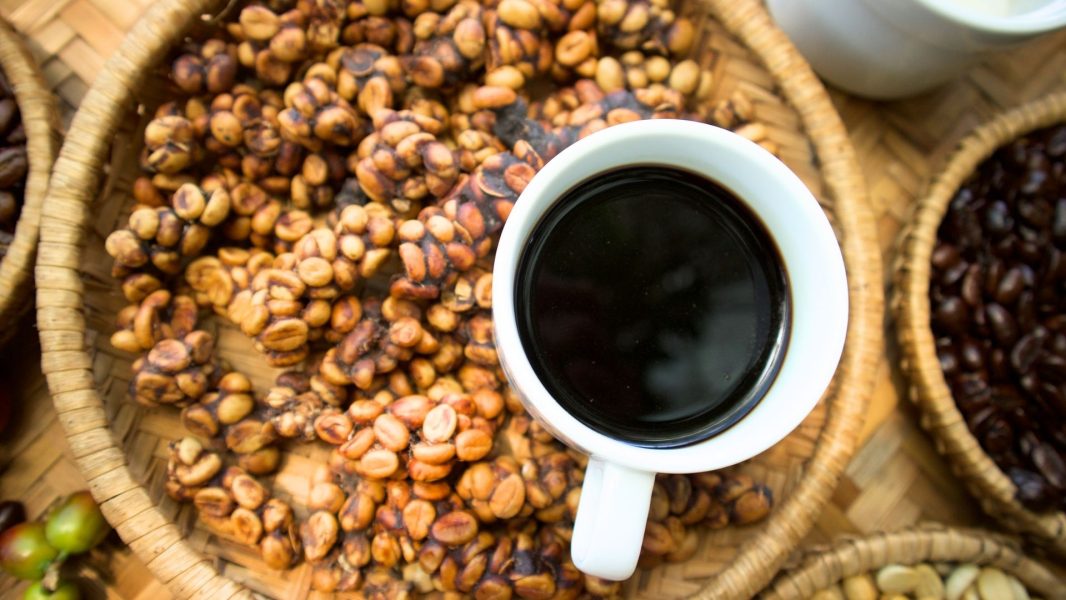


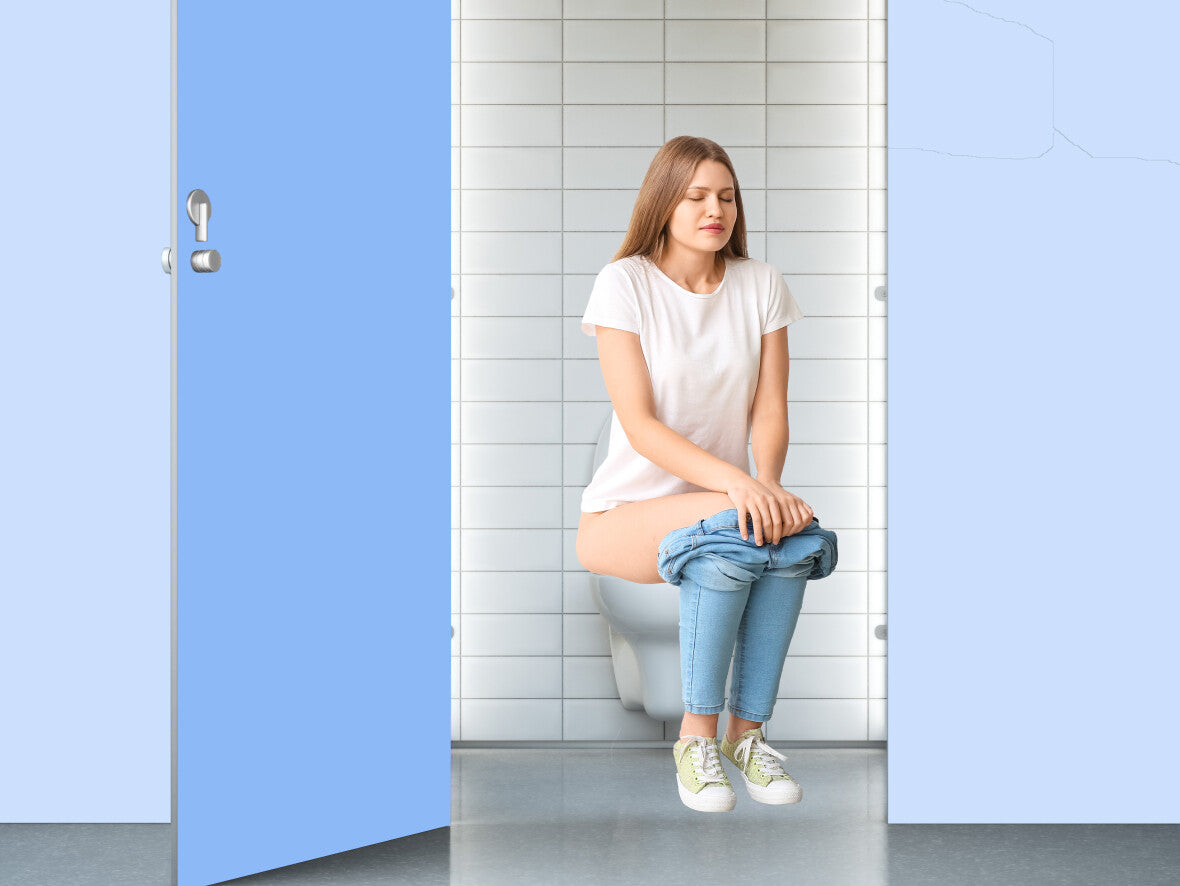
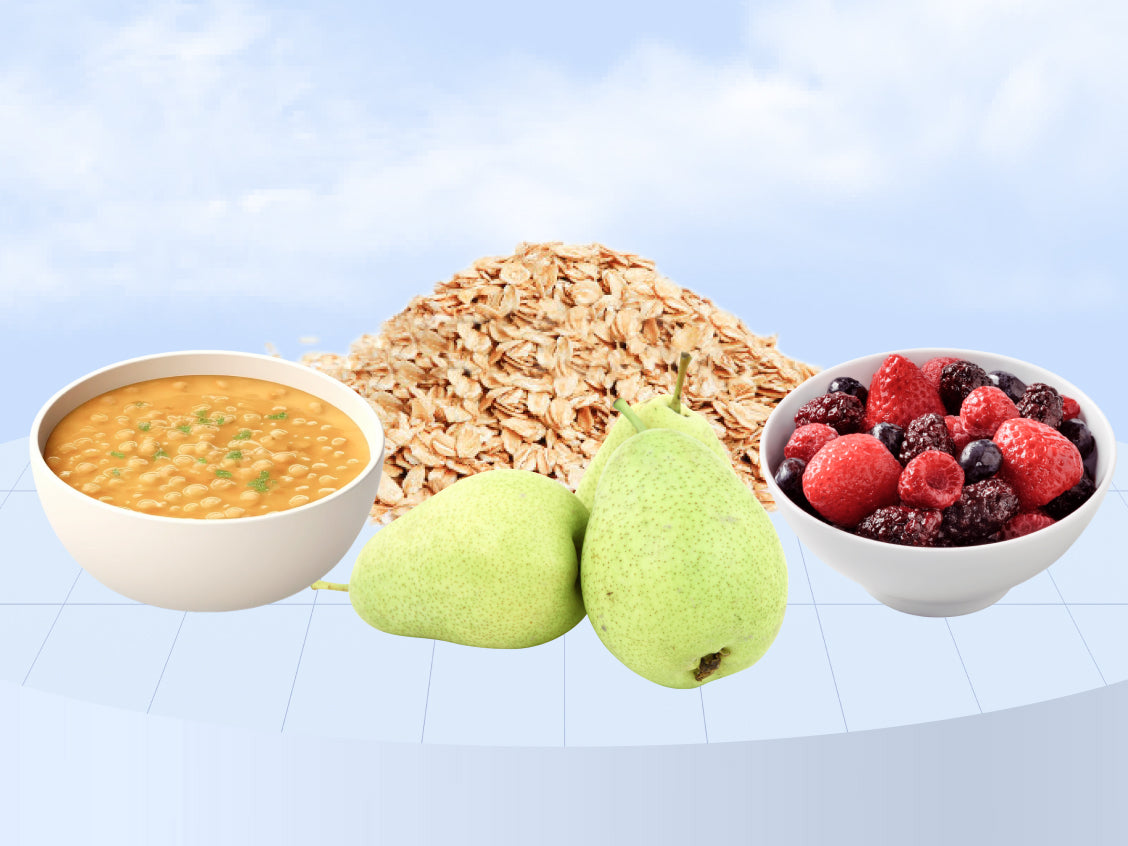

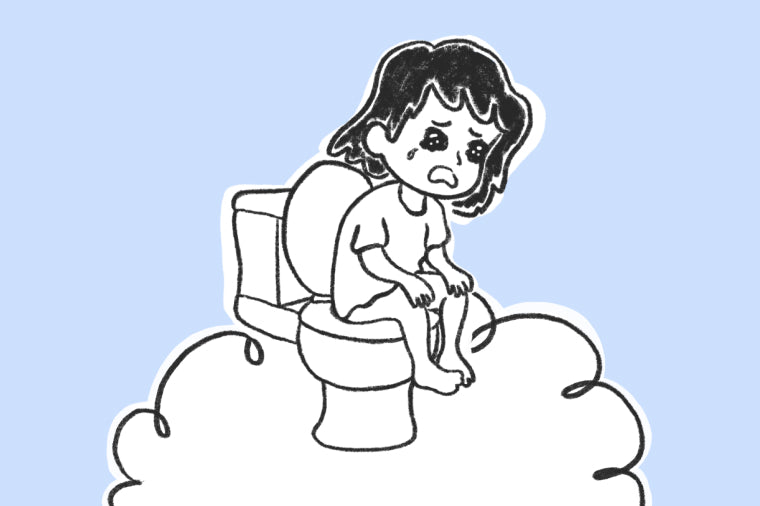

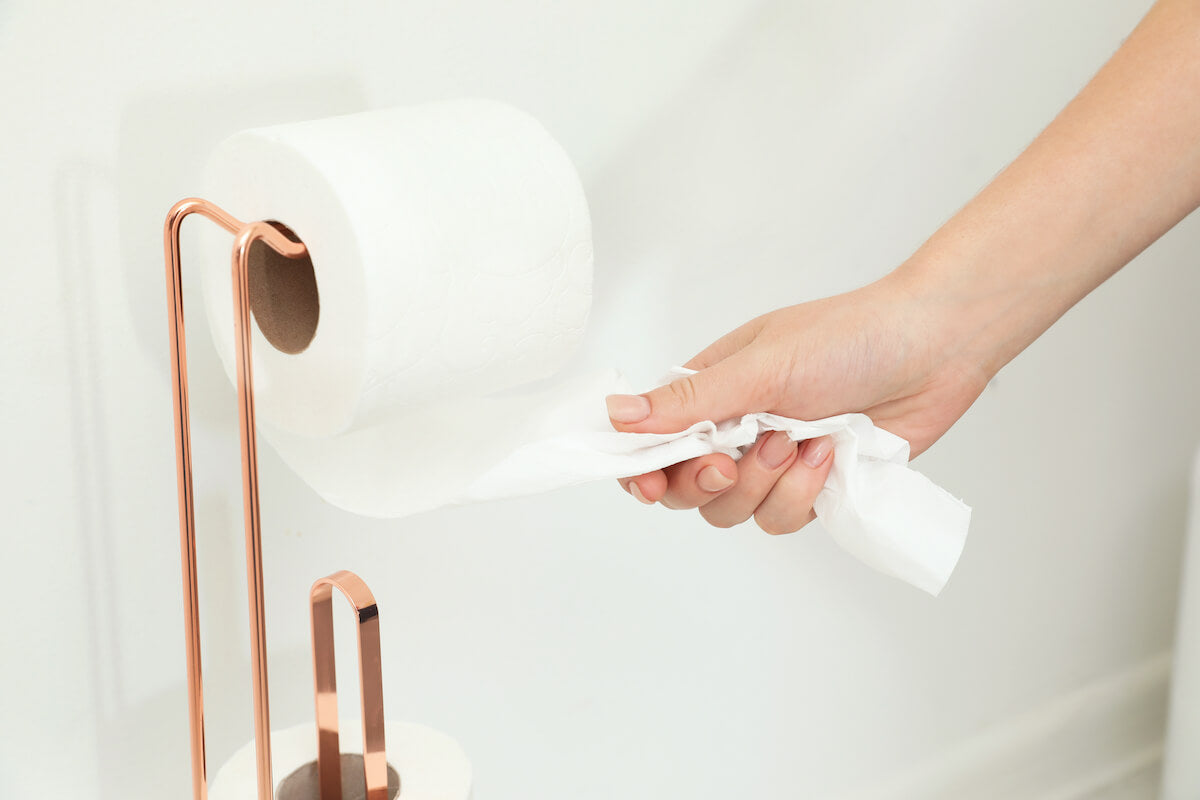


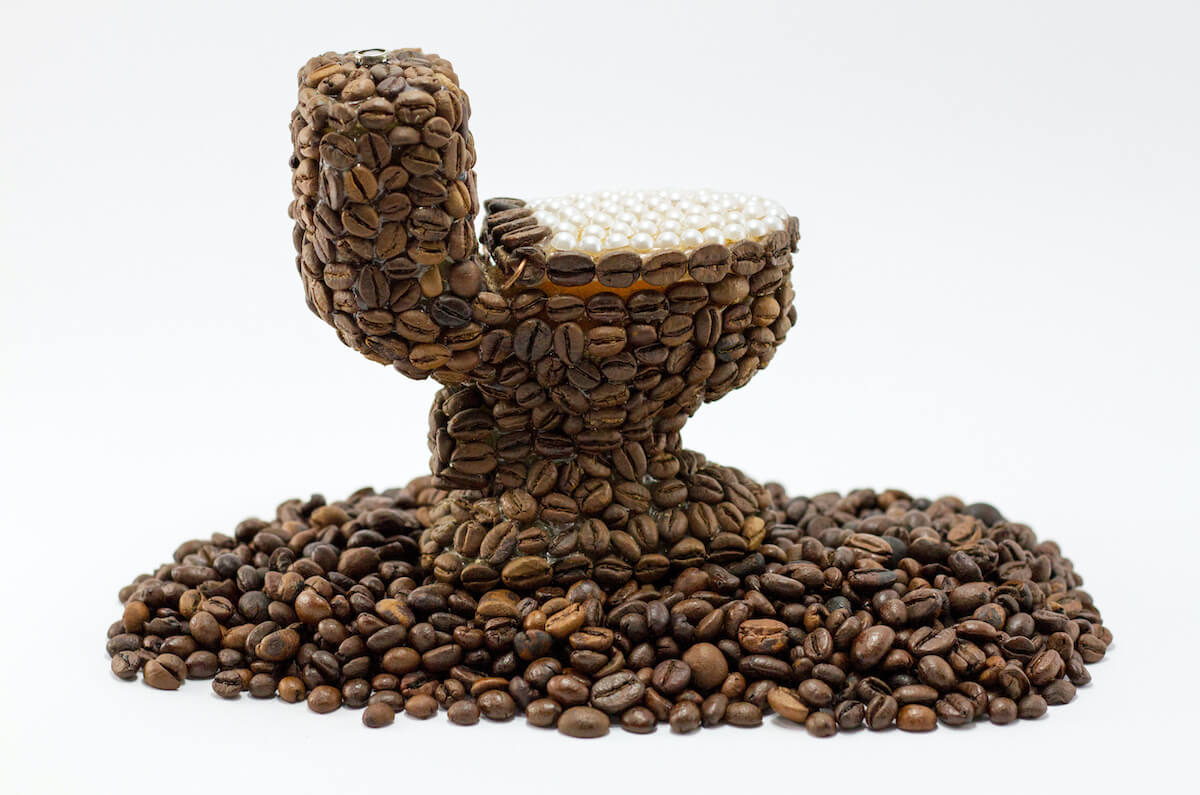
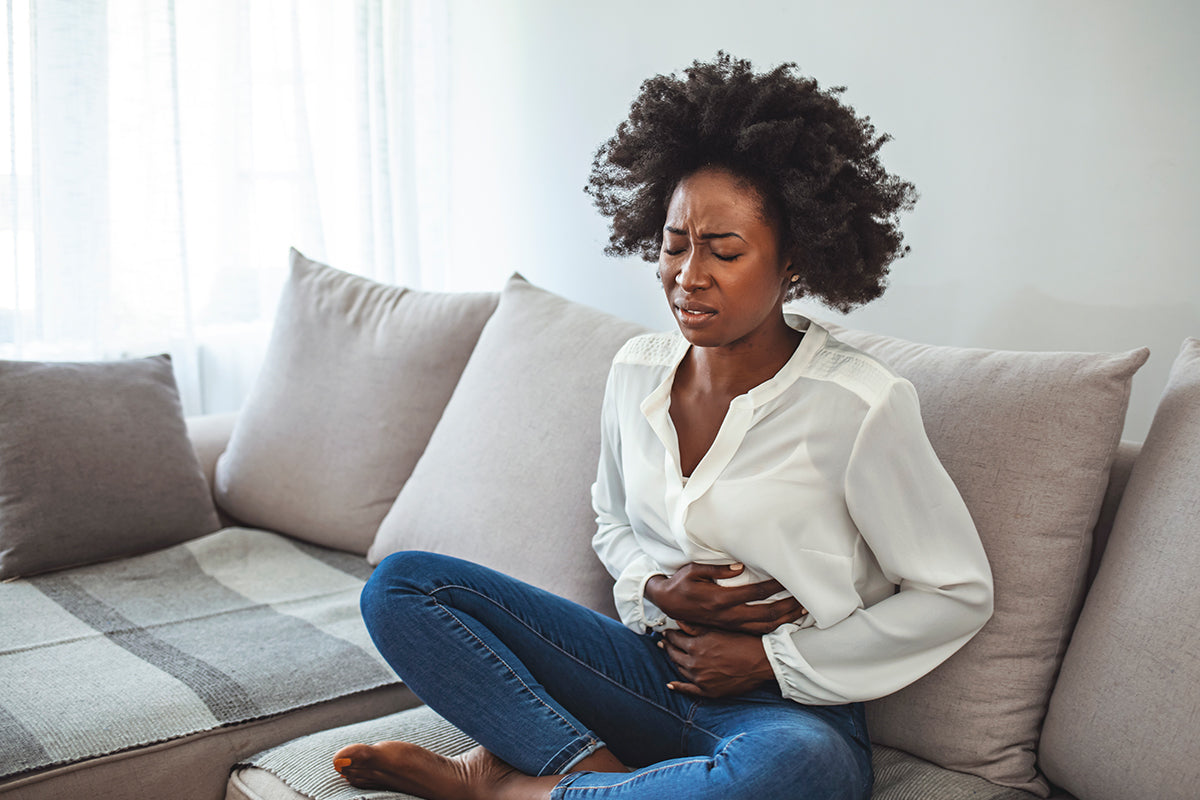
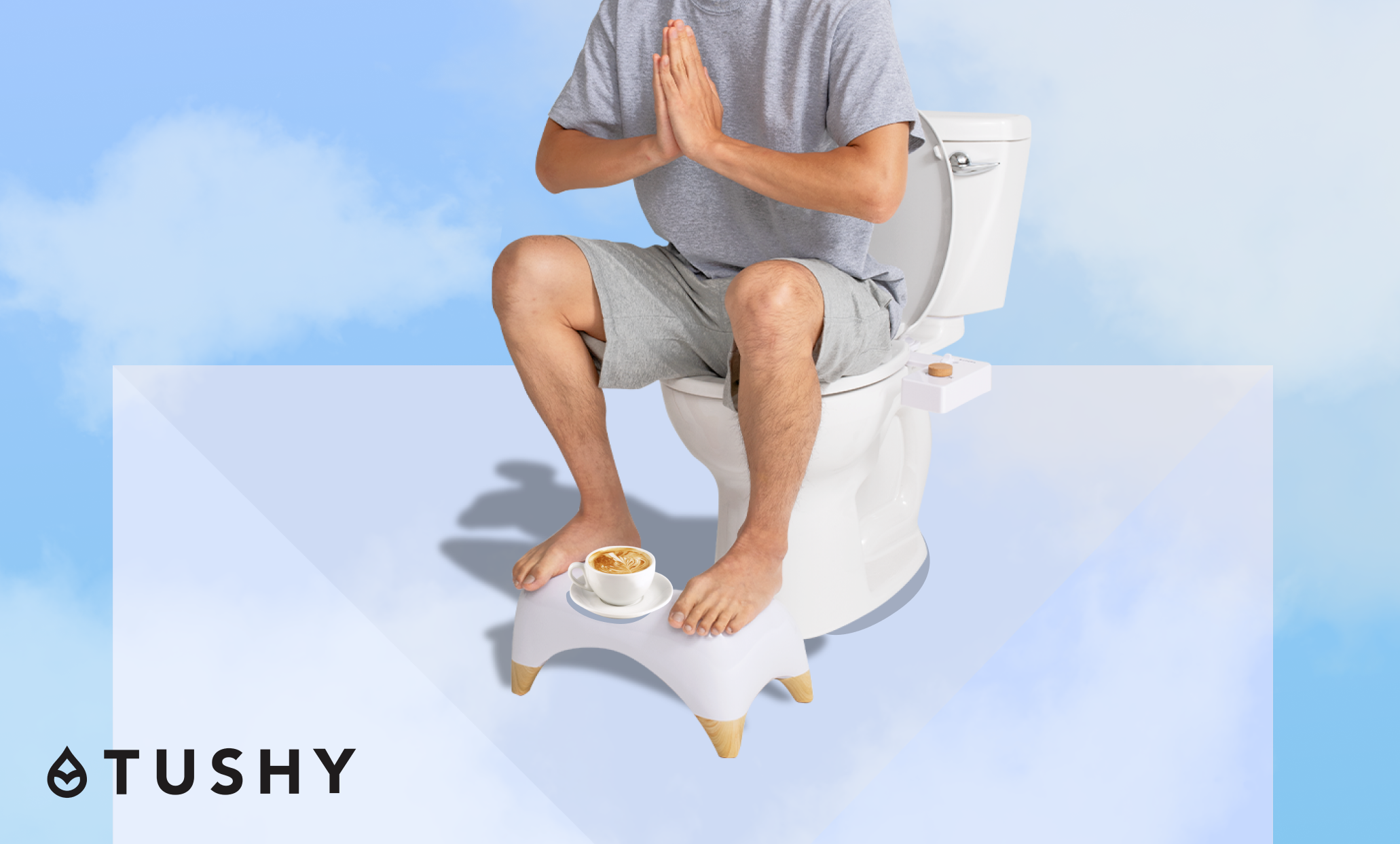
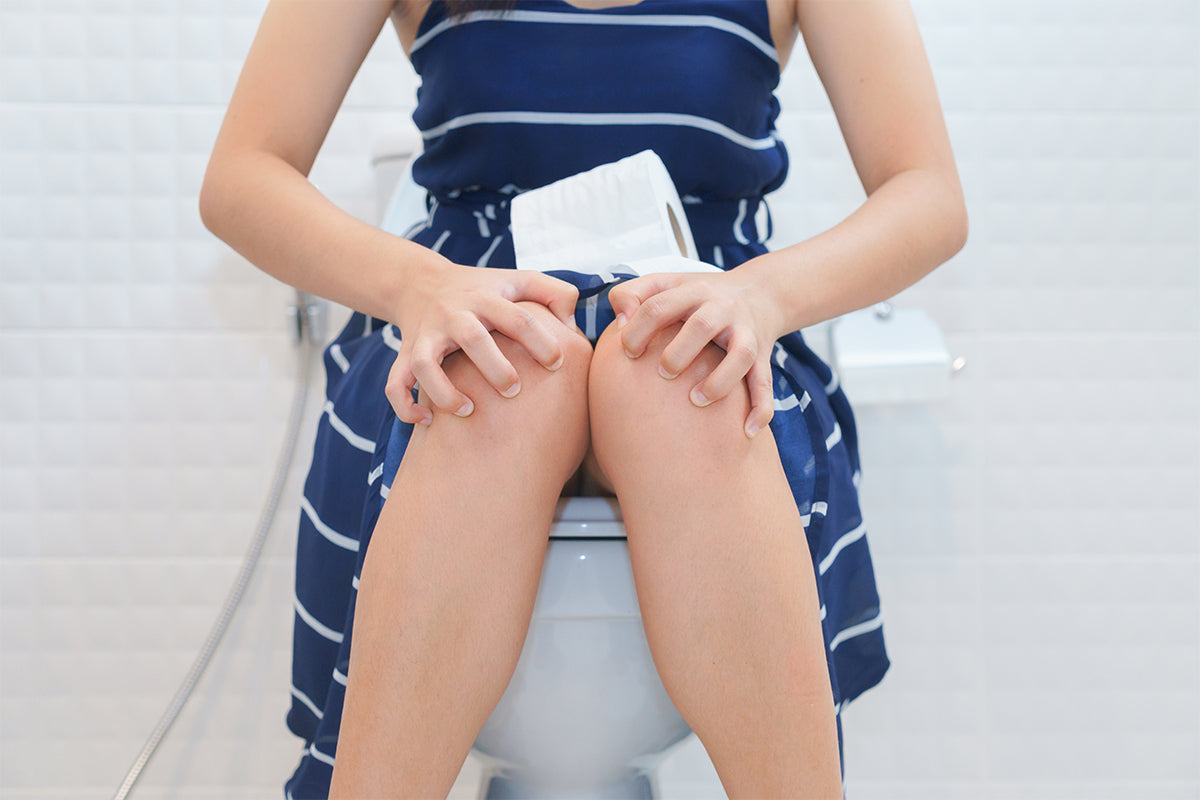
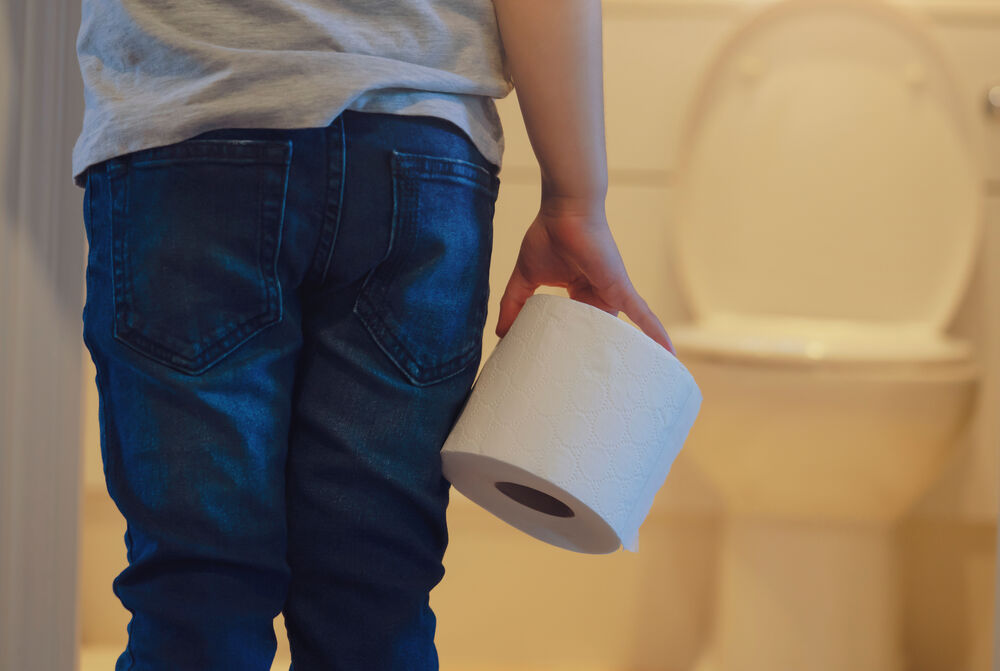

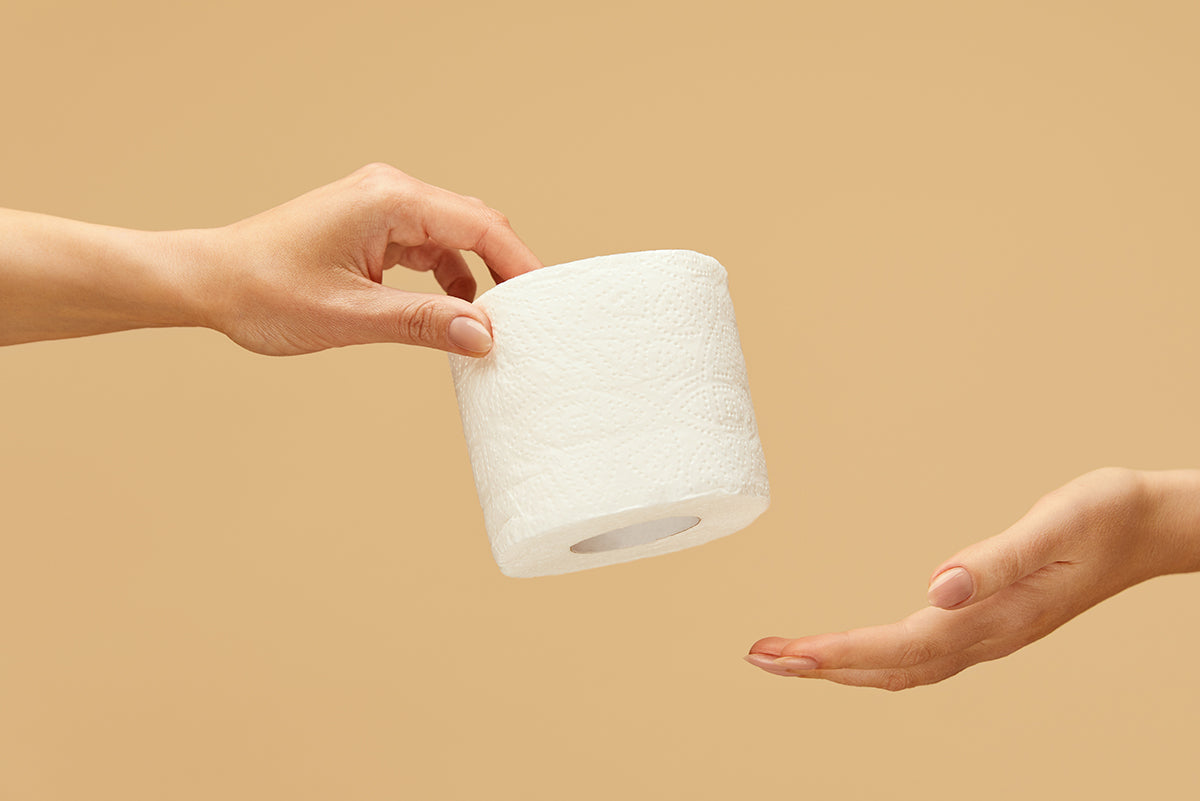
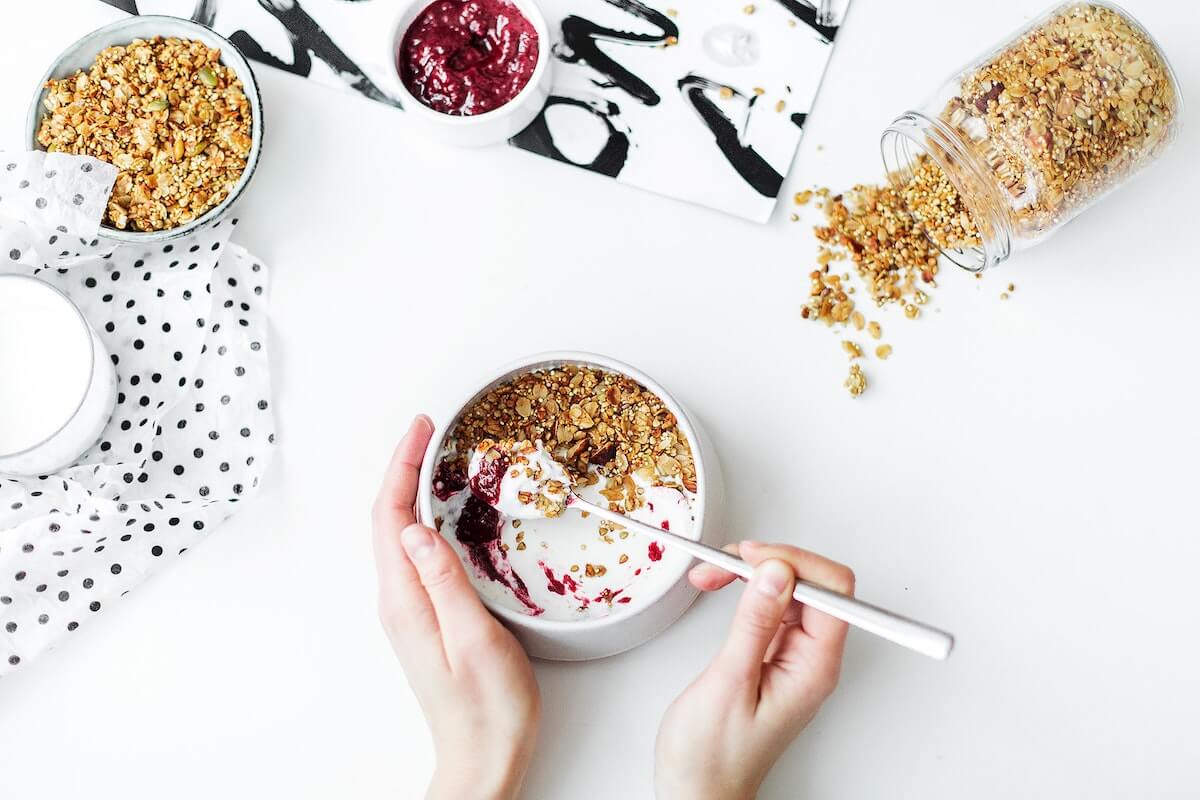
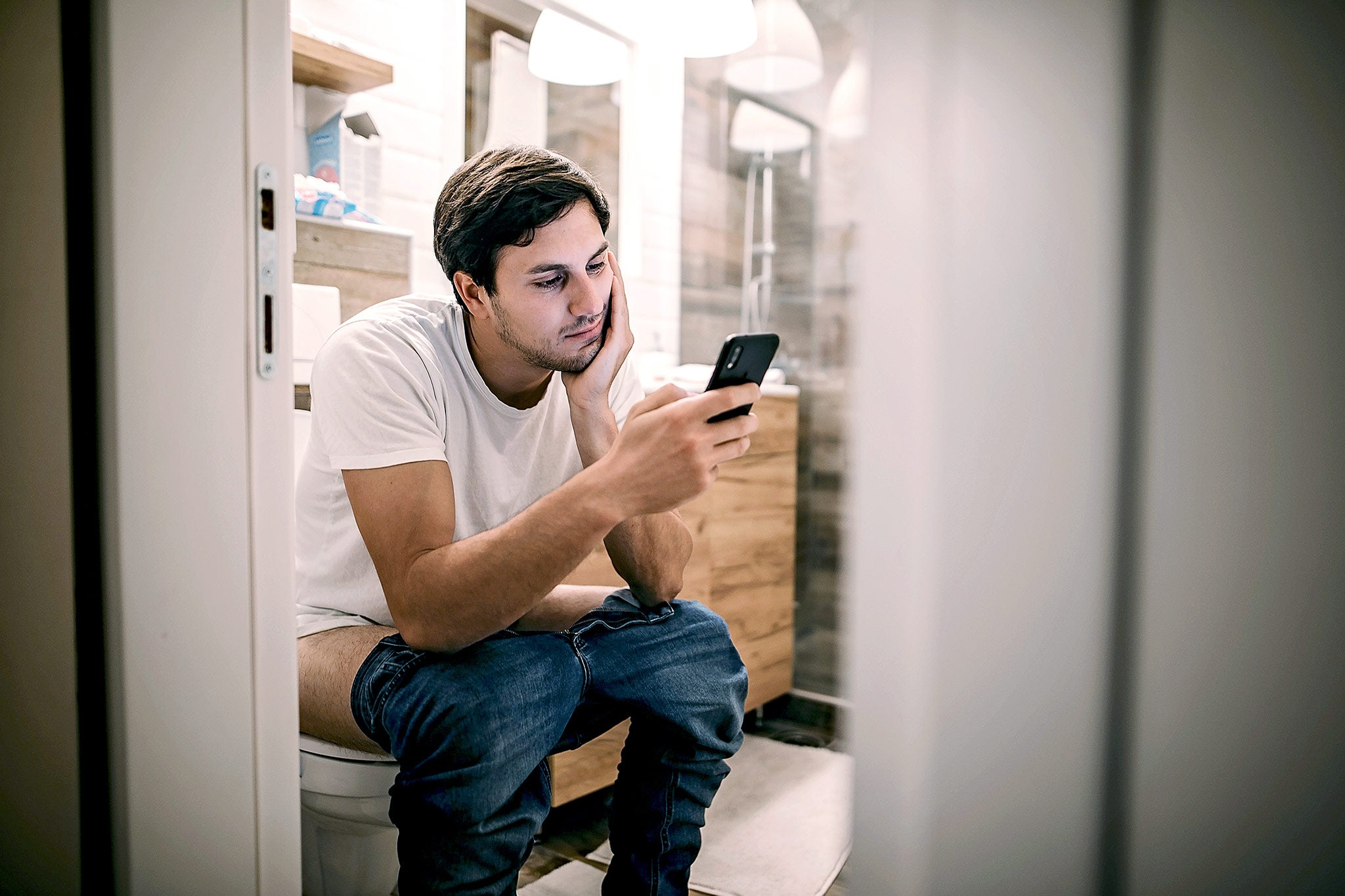
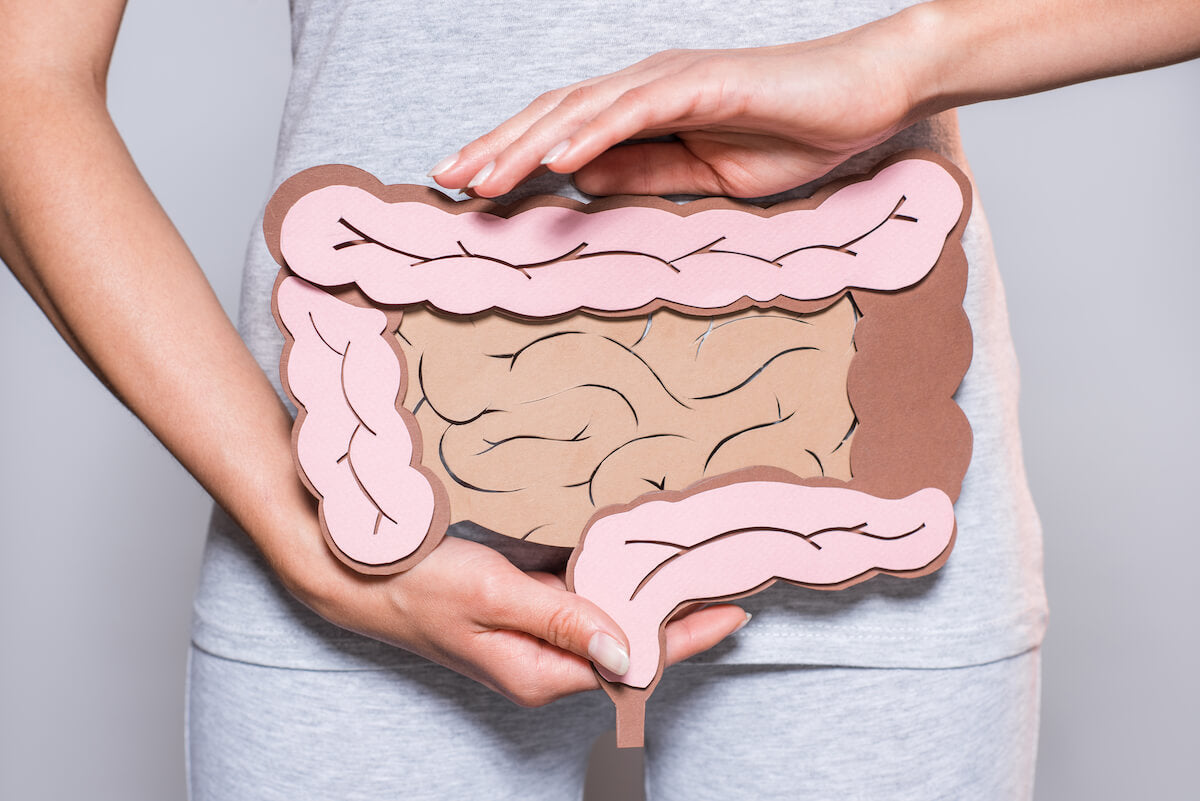



![[Survey] How Long Should You Date Before You Defecate?](http://hellotushy.com/cdn/shop/articles/how-long-should-you-date-before-you-defecate-hero.jpg?v=1611359305)

